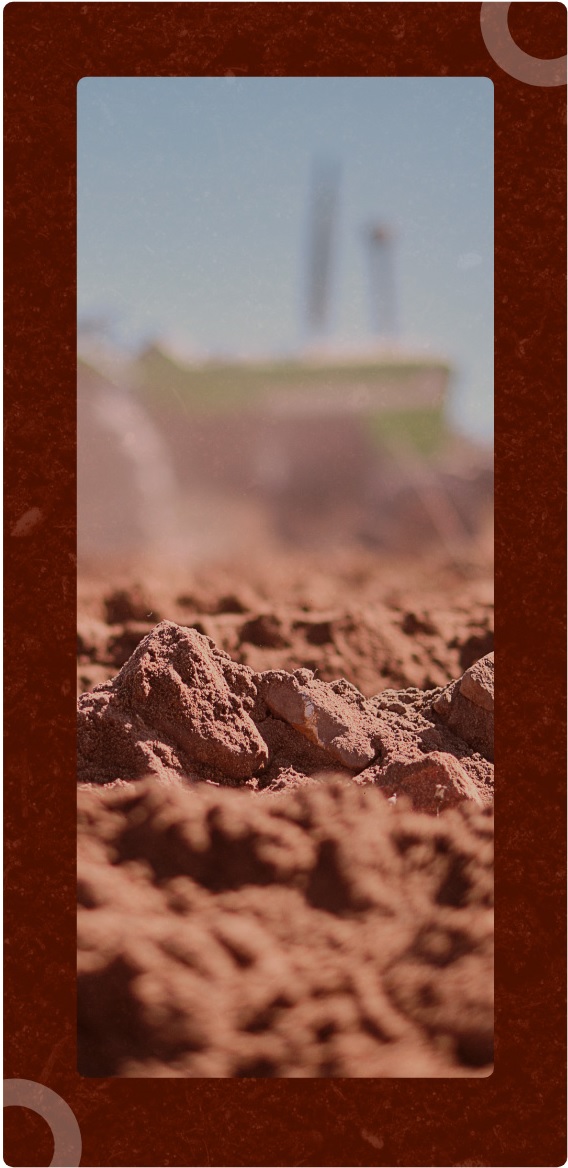THINK TANKS
Reduce Desertification
Reduce Desertification
Leader: National Observatory of Athens
The Reduce Desertification Think Tank focuses on the specific objective 1 of the European Soil Mission Implementation Plan: to reduce land degradation relating to desertification. Within this specific objective, one main target has been defined:
Go to roadmapThe EU Mission “A Soil Deal for Europe” aims to address these issues by:
- Funding an ambitious research and innovation programme with a strong social science component
- Putting in place an effective network of 100 living labs and lighthouses to co-create knowledge, test
- Solutions and demonstrate their value in real-life conditions
- Developing a harmonised framework for soil monitoring in Europe
- Raising people’s awareness of the vital importance of soils
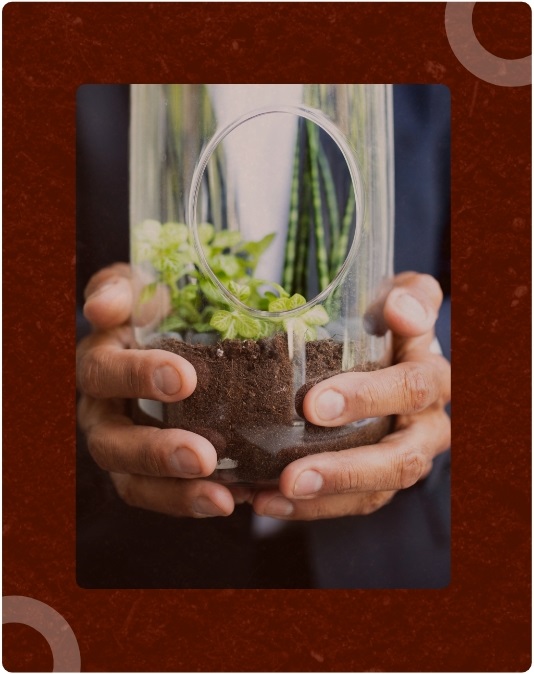
Through the active collaboration and engagement of key stakeholders and a diverse network of partners related directly or indirectly to the soil science community, a vibrant and multidisciplinary cluster is being forged.
This collaborative effort aims to intricately weave together a roadmap that transcends traditional boundaries, seeking to pinpoint and address critical knowledge gaps, navigate through bottlenecks, and uncover cutting-edge technological innovations. The ultimate goal is to craft a comprehensive strategy that effectively propels the mission to enhance soil organic carbon. This endeavour is not confined solely to document reviews and revisions; it extends its reach to the future soil week events. These events serve as pivotal platforms designed to engage a wide spectrum of stakeholders, including farmers, outreach and advisory services, students, and policy makers. By fostering inclusivity and diversity, these gatherings provide a fertile ground for dialogue and exchange of ideas.
Our commitment to success hinges on seamless communication and interaction with individuals across various knowledge levels who share a common passion for land/soil and its health. We extend a warm invitation, encouraging you to become an integral part of our Think Tank. Feel free to connect with the leader of the Reduce Desertification Think Tank to embark on this collaborative journey towards a sustainable land/soil future.
To become a member of this Think Tank, contact TT leader Nikolaos Stathopoulos: n.stathopoulos@noa.gr
Soil organic carbon stocks
Conserve and increase soil organic carbon stocks
Leader: Norwegian University of Life Sciences
This think tank’s main objective is to deliver an overall roadmap targeting the soil mission objective “conserving and increasing soil organic carbon stocks”. The objective addresses the importance of maintaining, or in many situations increasing the soil organic carbon stocks. The soil organic carbon stock is often declining, and vulnerable to further losses due to intensive management and climate change.
Go to roadmapThe think tank will specifically address the impact of:
- Agronomic and land use managements
- Climate adaptation technologies
- Biodiversity and soil health
- Urbanisation and circular economy
- Education and awareness raising
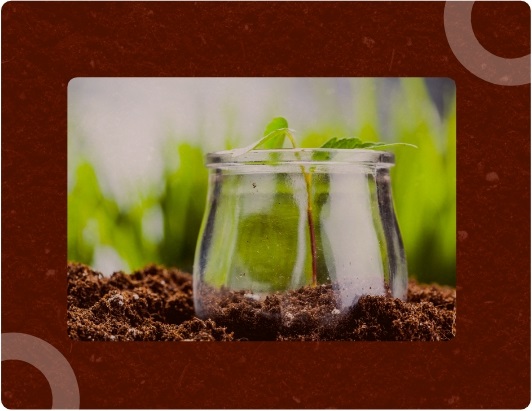
By involvement of key stakeholders and other soil network partners in a dynamic and transdisciplinary cluster, the roadmap will develop by identifying knowledge gaps, bottlenecks and novel technological innovations to implement the soil organic carbon mission objective.
The activities will involve stakeholders and relevant soil network partners in reviewing and revising documents made available. But, just as important are the coming soil week events targeting a range of soil-use actors from farmers, outreach- and advisory services, to students and policy makers.
Our relevance depends on effective communication and interaction with people on all knowledge levels interested in soil and soil health, and hence you are welcome to join our Think Tank by contacting the soil organic carbon Think Tank leader Åsgeir Almås: asgeir.almas@nmbu.no
Soil sealing and urban soils
No net soil sealing and increase the reuse of urban soils
Leader: University of Trento
The main goal of the Think Tank is to contribute to the development of an overall roadmap for soil-related research and innovation activities in the EU, with insights on the specific topic of soil sealing and urban soil reuse. To this aim, the Think Tank serves as a transdisciplinary discussion forum where experts and stakeholders collaboratively identify knowledge gaps, bottlenecks, and opportunities that may impact the achievement of the specific objective.
Go to roadmapAmong the focuses of the discussion are:
- Suitable data, methods, and indicators to monitor soil sealing at different scales
- Awareness of soil functions and services and social, economic, cultural, and institutional factors driving decision-making related to urban soil use and management
- Potential actions and policy options to halt land take and soil sealing and to ensure tracking and safe reuse of soils affected by urbanisation processes
- Inspiring cases, best practices, and innovations related to urban soil monitoring, analysis, and certification.
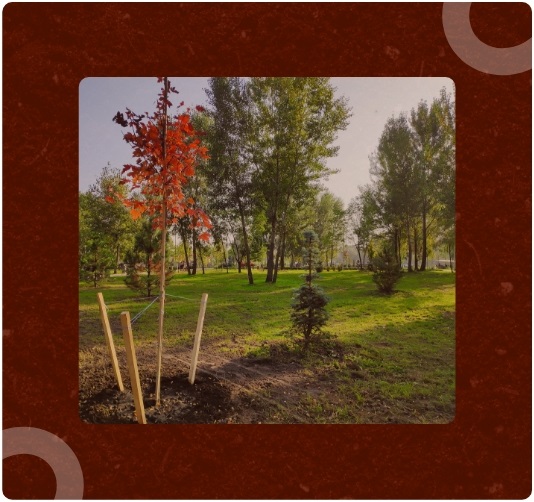
Think Tank activities mainly consist of online meetings (around 4 per year) and remote work (review and comments) on shared documents. Once a year, the members are invited to join an in-person meeting of the whole SOLO project, where they can also get in contact with experts from the other Think Tanks. Depending on the progress of the discussion, the interest of the members, and the project needs, engagement activities may also include online surveys, interviews, and other forms of interaction.
The Think Tank is currently composed of 17 members including scientists, policy-makers, representatives of public agencies, businesses, and consultants. We strive to include all relevant perspectives. Therefore, we always look for and welcome new members who want to share their opinions and experiences.
If you are interested in joining the Think Tank, please feel free to contact the Think Tank leaders Davide Geneletti (davide.geneletti@unitn.it) or Chiara Cortinovis (chiara.cortinovis@unitn.it).
Pollution and restoration
Reduce soil pesticide pollution and enhance restoration
Leader: Institute of Advanced Studies Kőszeg
In the European Union two main guiding documents set the policy frameworks for soil, including soil pollution: (i) Implementation Plan of the Soil Mission, which is also an important component of the European Green Deal and (ii) EU Action Plan: ‘Towards Zero Pollution for Air, Water and Soil’. These two strategic documents set specific targets related to “reducing soil pollution by 2050 to levels no longer considered harmful to health and natural ecosystems”.
Go to roadmap- This ThinkTank aims to provide a state-of-the-art and assessment of knowledge gaps, potential (innovative) solutions and actionable research regarding formulated goal’s objectives, targets and indicators based on the two main policy documents.
- A system-approach was developed to comprehensively tackle all aspects of the soil pollution and soil restoration/remediation domain by using the above-mentioned documents as a starting point and the feed-backs from our stakeholders.
- Four main domains were identified as pollution relevant during the scoping process along with the principles that should be integrated into all domains, since they reflect on pollution relevant social and economic aspects.
- Soil pollution: identification and assessment of the extent of polluting agricultural and non-agricultural human activities and pollutants including (i) inorganic, (ii) organic) ( also living organism) with regard to (i) altered soil properties and (ii) criteria reflecting on soil health.
- Effects of pollution: identification and assessment of extent of the impact of soil pollution on i) soil properties and conditions including linkages with other polluting pathways, ii) ecosystem services, soil functions and biodiversity and iii) human livelihoods.
- Stakeholders having impact on pollution or being impacted by pollution: (i) Negatively affected (directly or indirectly), (ii) Beneficiaries of polluting activities (e.g. polluters and clean-up companies), (iii) Stakeholders influencing decision making (business, civil society), (iv) Decision makers Solutions to mitigate
- Soil Pollution: identification of availability of and need for both (i) pollution prevention and (ii) restoration and remediation.
Activities of the ThinkTank are largely based on stakeholder consultation, which brings new perspectives and further insight to the assessment process and helps to identify key areas and topics that need to be addressed during the implementation of the Soil Mission and community targets on the field of pollution reduction.
If you want to become a member of this Think Tank, contact TT leader Gergely Tóth at gergely.toth@iask.hu.
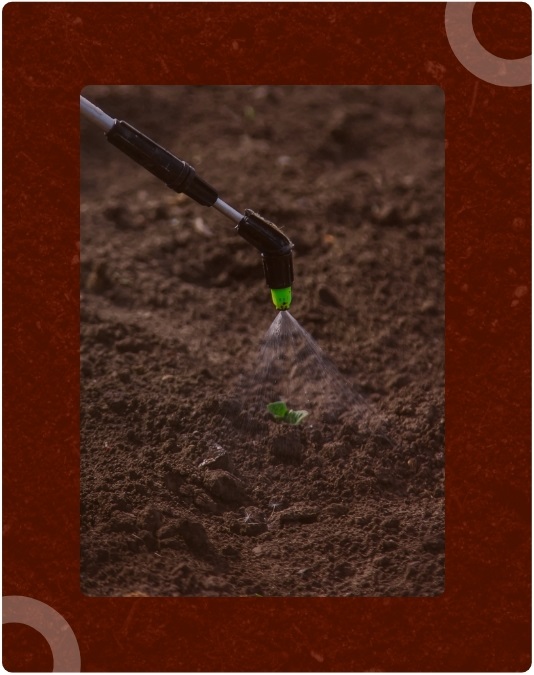
Erosion prevention
Prevent erosion
Leader: University of Évora
The Prevent Erosion Think Tank is dedicated to convening a diverse group of stakeholders with the objective of pinpointing knowledge gaps and exploring innovative pathways for advancing European soil research in the realm of soil erosion prevention.
Go to roadmap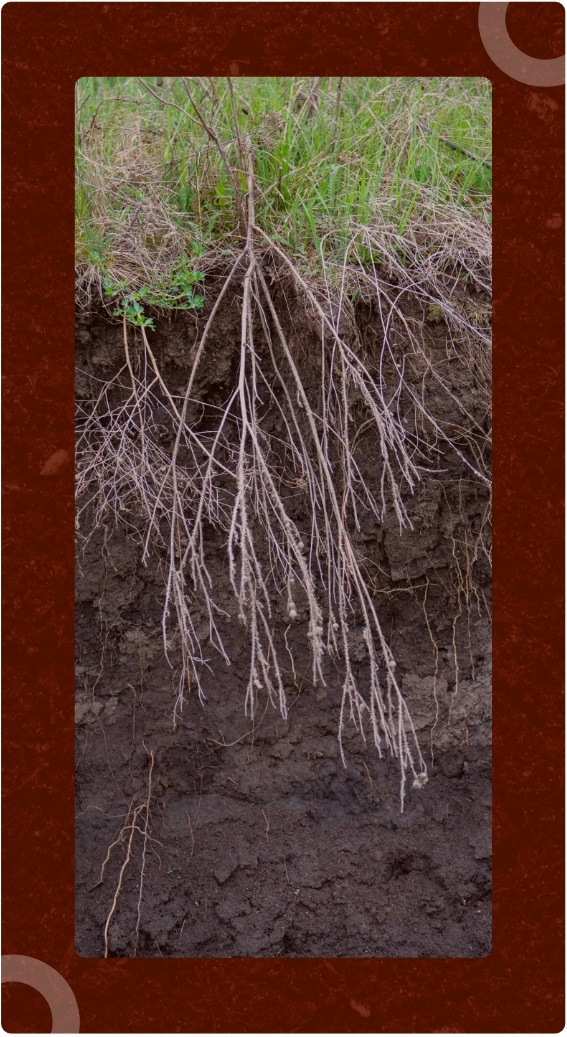
Regarding the governance structure of the Think Tank (TT), it is designed to adopt a horizontal framework that seeks to foster the co-construction of knowledge among individuals from diverse backgrounds, including academics and non-academics spanning public administration, policy-making, civil society, the private sector, and more. Given the intricate nature of the soil erosion prevention topic and its profound implications for various socioeconomic groups, the imperative of diversity and representativeness within the TT is acknowledged.
To ensure scientific rigour and validity, an iterative reviewing process has been meticulously planned over the projected four-year duration of the project. This approach is poised to uphold the quality of research outputs and facilitate a comprehensive understanding of the multifaceted aspects associated with the prevention of soil erosion.
The leaders and co-leaders of the Think Tank (TT) bear the responsibility of fostering effective communication within the TT community. This mandate extends beyond the confines of online and in-person meetings to encompass actively soliciting and encouraging input from TT members for the development of crucial working documents, namely, the Scoping Document and the Roadmap. This inclusive approach ensures that the collective wisdom and diverse perspectives of the TT are not only acknowledged but also integrated into the strategic planning and decision-making processes, enriching the overall collaborative effort.
The anticipated outputs of the Think Tank aim to play a pivotal role in identifying key knowledge gaps, activities, and bottlenecks related to the prevention of soil erosion on a European scale. Through a comprehensive examination of the current landscape, the Think Tank aims to provide valuable insights that can inform strategic initiatives, contributing to the advancement of research and innovation in the critical area of soil erosion prevention within the European context.
To join this Think Tank, contact TT leader Maria Helena Guimarães at mhguimaraes@uevora.pt.
Footprint on soils
Reduce the EU global footprint on soils
Leader: University of Antwerp
The Think Tank focuses on specific objective 7 of the European soil mission: to reduce the EU global footprint on soils. Within this specific objective, two main objectives have been defined, according to the Soil Mission Implementation Plan:
Go to roadmapEstablishing the EU’s global soil footprint in line with international standards
The Think Tank therefore defines as its major tasks:
- To establish the main opportunities, but especially challenges and unknowns that are currently confronting the establishment of the “first baseline, with specific focus on food, feed and fibre imports leading to land degradation and deforestation”, as mentioned in the soil mission implementation plan.
- Make clear that focusing only on food, feed and fibre exports as a main driving factor, puts a strong limitation on the scope of the footprint. While indeed food, feed and fibre are the main export products related to soil, the EU footprint on the non-EU soils goes strongly beyond these aspects, e.g. mining, import of industrial products, urbanisation. In an ideal scenario, the mission would move beyond these aspects for footprint establishment.
- Establish key targets that will have to be attained to significantly reduce the global, outside EU, footprint of EU on soils, based on a solid baseline. How can policy questions be formulated to achieve this target?
- Establish key policy actions that can already be taken now, to reduce the EU global footprint.
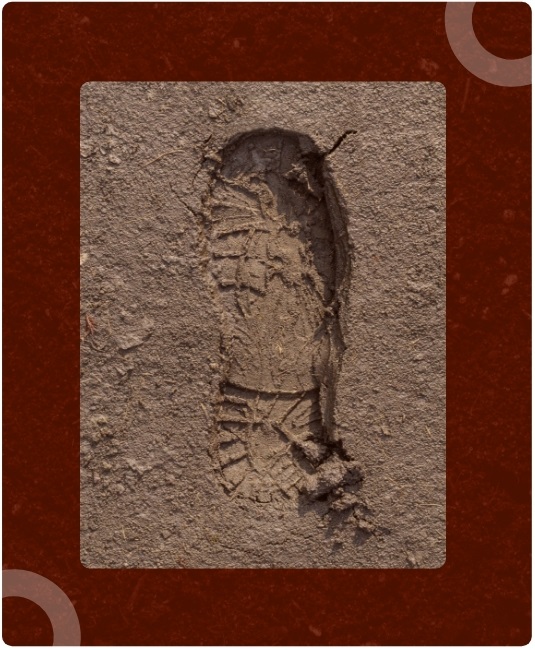
Timing of the Think Tank
Given the specific challenge of the TT, that there is no current effort or literature that has set a baseline for the EU global impact on soils, we propose the following timing.
To join this Think Tank, contact TT leader Eric Struyf at eric.struyf@uantwerpen.be.
Soil structure
Improve soil structure
Leader: Natural Resources Institute Finland
The Improve soil structure Think Tank (TT) focuses on objective 6 of the European soil mission: to improve soil structure to enhance soil biodiversity. The main goal for this Think Tank is to deliver a roadmap for research within Soil Structure and to identify the knowledge gaps, drivers, and bottlenecks impacting in the future EU activities on soil health.
Go to roadmap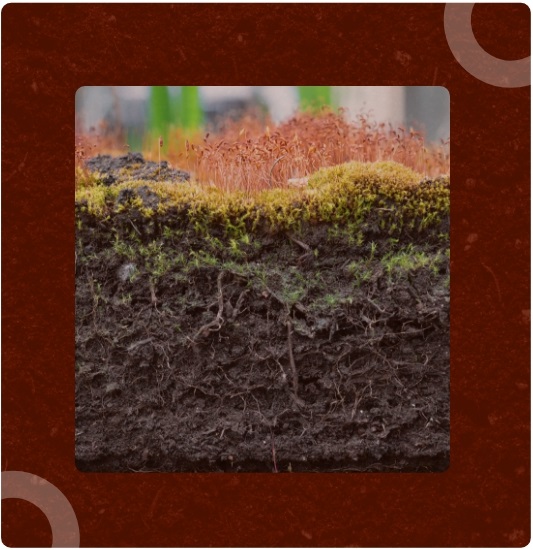
Soil structure really makes soil what it is. It affects how plants can grow there, how air and water and nutrients can move and how it supports the ecosystems services of the soil. Many of the knowledge gaps are linked to intensification of land management causing major changes to soil structure and to climate changes challenging the functioning of soil structure. We lack knowledge about the diversity and extent of these changes, as well as their impact on soil aggregates, porosity, and biological diversity, which play a crucial role in enabling many soil functions. Soil management is undergoing change with tillage practices moving to reduced tillage management. One major question is the best structure as with soil being so diverse, the structure is diverse as well. There are a lot of linkages to other Think Tanks as soil structure is so central when thinking of soil health.
We have a wide range of stakeholders from politics, administration, science, economics and NGOs. The TT is currently composed of 15 members but is still open for more members. Therefore, if you are interested in being part of it, feel free to send an email to Think Tank leader Jenni Hultman at jenni.hultman@luke.fi.
Soil literacy
Increase soil literacy in Member States
Leader: ICLEI Europe
The Soil Literacy Think Tank (TT) functions as an operational tool for implementing a participatory process by approaching key people to express their views and knowledge on the soil literacy topic issues and to articulate research needs. The main goal of the TT is to deliver by 2027 an actionable trans-disciplinary roadmap for future soil literacy related research activities in the EU that contribute to achieving the objective of the Soil Mission by identifying knowledge gaps, drivers, and bottlenecks impacting in the future EU R&I activities on soils.
Go to roadmapHow does the TT function?
Members have the possibility to join online meetings for discussions around the roadmap development. These meetings are selected based on the availability of the members. At least once a year, members have the possibility to meet in person, travel and stay costs covered. Based on the work progress, online surveys, interviews etc can also be part of the TT activities to collect more information and views around the Soil Literacy topic. All this in agreement and collaboration with the members.
At the end of the project, TT members will be included as Authors of the EU Research & Innovation roadmap delivered to the European Commission. The roadmap will contain:
- a preliminary assessment of knowledge gaps and novel avenues for soil health research and innovation in Europe including priorities and a timeline
- the identification of novel technical and technological developments that benefit the implementation of the Soil Mission objective
- the identification of major bottlenecks and risks for the implementation of the Soil Mission and the fulfilment of its specific and operational objectives
- the identification of legislative and institutional barriers that might hinder the impact of the Mission research and innovation activities
- the definition of key performance indicators to monitor the achievement of the R&I priorities defined in the Soil Mission.
Before starting a research of knowledge gaps, barriers, risks or activities related to Soil Literacy in 2023 the TT decided to first work and develop a common understanding around the Soil Literacy concept. There is a description in the Soil Mission Implementation Plan that says: “By soil literacy we mean both a popular awareness about the importance of soil, and specialised and practice-oriented knowledge related to achieving soil health.” However, this is not an agreed definition and the pillars that constitute Soil Literacy are neither described nor specified.
The TT is currently composed of 9 members but is still open for more applications. Therefore, if you are interested in being part of it, feel free to send an email to TT Leader Roger Roca Vallejo at roger.roca@iclei.org.
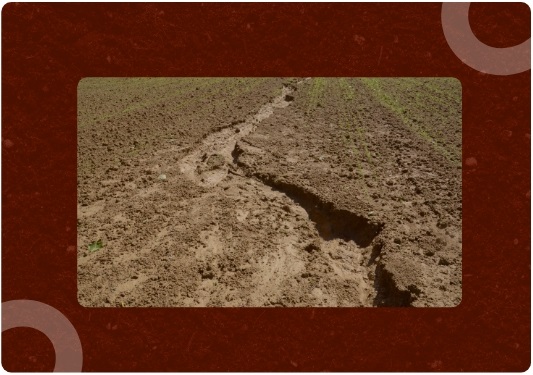
Nature conservation of soil biodiversity
Nature conservation of soil biodiversity
Leader: Lund University
In the past decades, there has been a growing body of knowledge and awareness on the importance of soil biodiversity to ecosystem functioning and processes. More than 25% of all biodiversity on the planet contains soil-living organisms, ranging from microorganisms to vertebrate species. Soil biodiversity plays a central role in soil health and ecosystem services, as the activities of soil biota support the delivery of various ecosystem services, such as carbon sequestration, nutrient cycling, prevention of soil erosion, and cleaning of air and soil. However, the intensive use of soils in e.g. agriculture and forests, as well as e.g. soil sealing in urban environments is putting this important biota at risk. Protecting soil biodiversity will have positive effects on several sustainability goals, including water quality and food security.
Go to roadmap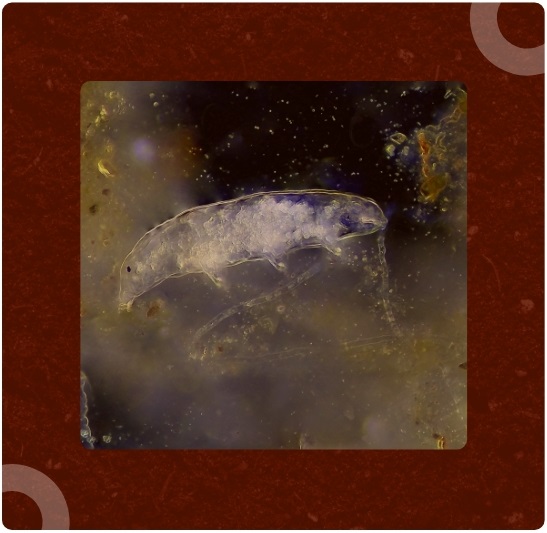
The main goal of this think tank is to support the soil mission research and innovation agenda by delivering a roadmap for research within Nature conservation on soil biodiversity. This involves the identification of knowledge gaps, drivers, and bottlenecks that may affect the future EU activities on soil biodiversity conservation. This goal will be reached through e.g. literature reviews and transdisciplinary work with stakeholders and researchers.
The Think Tank is lead and co-led by Lund University and the German Centre for Integrative Biodiversity Research (iDiv) at Uni Leipzig, respectively, and currently, it is composed of 14 members. The activities mainly consist of online meetings and document reviews. Once a year, think tank members are invited to a large SOLO project meeting, where they also get to interact in person and share information with the other think tanks. If you are interested in being part of the Think Tank, please contact the Think Tank leaders Katarina Hedlund (katarina.hedlund@biol.lu.se), Maria Ingimarsdottir (maria.ingimarsdottir@biol.lu.se) or Monica Farfan (monica.farfan@idiv.de).
Climate-smart sustainable agricultural soil management
Climate-smart sustainable agricultural soil management
The strategic research agenda of EJP SOIL aims to give guidance to sustainable agricultural soil management research that are improving climate change mitigation, adaptation to climate change, sustainable production, and sustainable environment, which comprises of biodiversity conservation, ecosystem services, and reducing soil degradation.
Go to roadmapThe roadmap of EJP SOIL does not have a think tank as the other at its foundations. Instead it is following a process of national consultations and one open consultation in autumn 2024. To develop the 10-y roadmap of the EJP SOIL “D2.11: Provisional strategic research agenda (2025– 2035) for agricultural soil research in Europe”, a wide range of information will be analysed and summarized. The building blocks that will be used:
- The results of the National Hub consultations: In the 24 countries working in EJP SOIL surveys and workshops will be conducted with the National Hubs on future knowledge needs and on current knowledge on sustainable soil management, specifically focusing on the knowledge developed by the EJP SOIL programme in the last 4 years (EJP SOIL runs from 2020-2025). In addition, there will in attention for possible barriers and opportunities for the implementation of climate-smart sustainable agricultural soil management. Lastly, there is also attention for the valorisation of the EJP SOIL programme outputs.
- EJP SOIL project output synthesis: All EJP SOIL internal project and WP outputs are summerised and synthesised, this information will be used as another building block for the STRIA we are making.
- EJP SOIL workpackage deliverables: The results of WP5 (capacity building), WP6 (data harmonization and standardization) and WP8 (science-policy interface) and elements from other EJP SOIL deliverables.
- Literature review
- Interaction with roadmapping activities of the SOLO project, and other roadmapping activities across Europe (FACCE-JPI, agro-ecology partnership etc.).
The STRIA is aimed to be in a final draft state by October 2024. Different parties will be asked for feedback through targeted requests and open consultation through the platform of SOLO.
To join the conversation about this roadmap please contact the EJP SOIL WP2 leader Saskia Keesstra at saskia.keesstra@climate-kic.org
